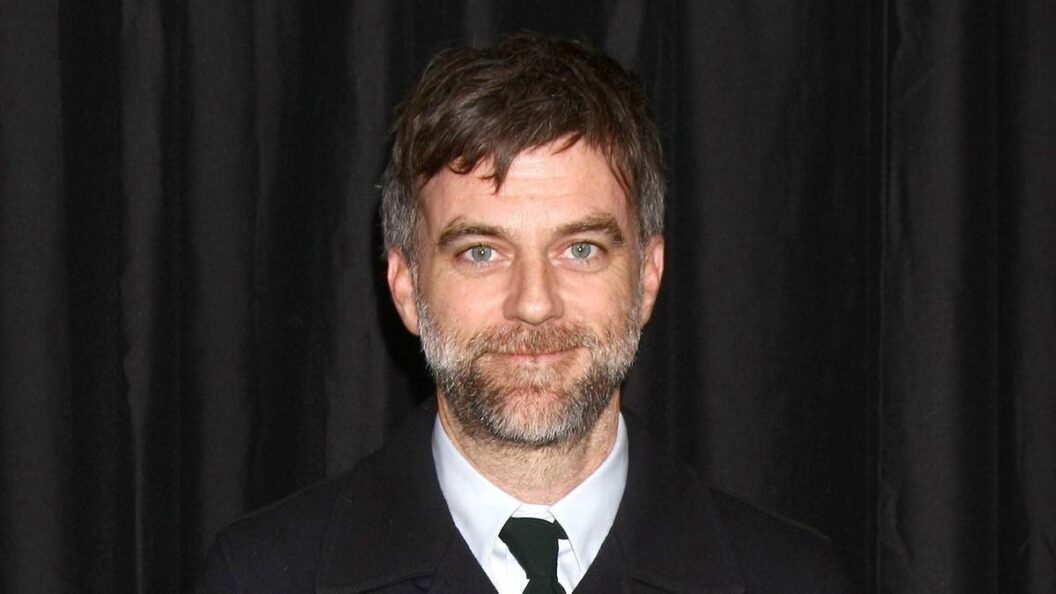Paul Thomas Anderson’s Unexpected Tearful Connection to ‘Men in Black 3’
In the world of cinema, directors often surprise audiences not just with their films but also with their personal tastes in cinema. Paul Thomas Anderson, the acclaimed filmmaker known for masterpieces like There Will Be Blood and Phantom Thread, recently revealed a surprising emotional attachment to the 2012 sci-fi blockbuster Men in Black 3. In an interview reflecting on the exploration of time and emotional narratives, Anderson shared how the film’s ending resonated deeply with him.
Emotional Resonance of Time Travel in ‘Men in Black 3’
In a discussion with the Washington Post while promoting his film The Master, Anderson articulated his fascination with concepts of time, past lives, and the potential for emotional resolution through revisiting past events. He exclaimed, “The time-travel stuff [made me] cry my eyes out. I’m a sucker for that stuff.” This unexpected admiration underscores how even established directors can find value in mainstream films, particularly when they weave emotional threads that resonate on a personal level.
Anderson’s emotional response is tied specifically to the final scenes of Men in Black 3, which serve as a culmination of character arcs and emotional revelations. The film features Agent J, played by Will Smith, who travels back to the 1960s to team up with a younger version of Agent K, portrayed by Josh Brolin. Throughout this journey, J uncovers the intricacies of K’s past and the sacrifices that shaped their partnership.
Significant Revelations: A Personal Journey for Agent J
The genius of Men in Black 3 lies not only in its sci-fi action but in its poignant exploration of Agent J’s personal history. As J works alongside K, he confronts the complexities of their relationship, which climaxes with the revelation of his father’s heroic past. Colonel Edwards, played by Mike Colter, sacrifices himself for K, illustrating a larger narrative of familial bonds and sacrifice that profoundly shapes J’s understanding of his own life.
This realization triggers an emotional catharsis for J, leading him to reconcile his past and acknowledge the impact of his father’s choices on his own journey to becoming an agent. The film’s conclusion— a heartfelt moment between the younger K and J—offers a narrative closure that resonates with Anderson’s own thematic explorations.
Celebrating the Success of a Unique Franchise Conclusion
Men in Black 3 stands out not only as a sci-fi entry but also as a poignant conclusion to the original trilogy, setting itself apart from its predecessors. It successfully encapsulates J’s growth and the reasons behind K’s recruitment of him into the agency. Critics have lauded the film for its ability to intertwine humor, action, and emotional depth, marking it as a noteworthy addition to the franchise.
The emotional finale—where K’s nurturing side is highlighted as he looks after the younger J—serves as a touching culmination of a story that speaks to issues of legacy and connection. It elongates the film beyond its action-packed exterior, offering a rich exploration of human emotions that resonates with audiences of all ages.
Conclusion: The Lasting Importance of Emotional Storytelling in Cinema
The revelation of Anderson’s favorite film moments in Men in Black 3 underscores an important facet of filmmaking: that heartfelt storytelling can emerge from the most unexpected places. Often, films are dismissed as mere entertainment, but Anderson’s emotional connection to this blockbuster highlights the power of narrative to elicit deep feelings, even from seasoned directors.
In a landscape inundated with diverse narratives, Men in Black 3 serves as a testament to the lasting impact of emotional storytelling, proving that even within action-packed narratives, filmmakers can craft poignant moments that resonate long after the credits roll. For those eager to reconnect with this emotional adventure, Men in Black 3 is currently available for digital rental on Prime Video, inviting audiences to revisit its powerful themes of love, sacrifice, and understanding.









